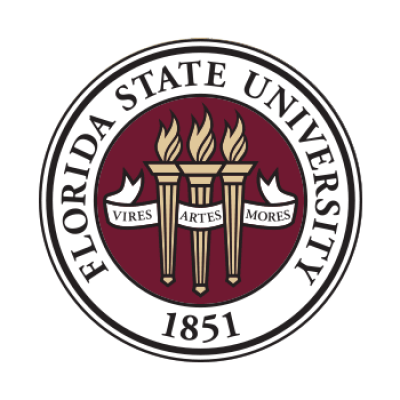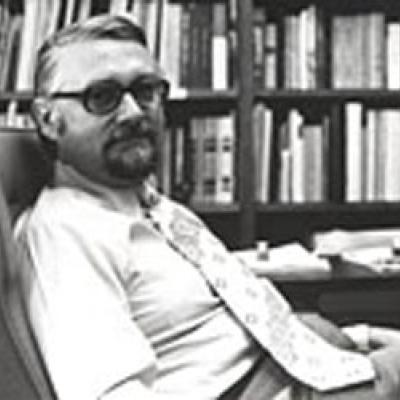Faculty

Ted Chiricos, William Julius Wilson Professor of Criminology in the FSU College of Criminology and Criminal Justice, has been named the next editor of Social Problems.

For more than 20 years, the state of Florida has used radio frequency and global positioning systems as electronic monitoring devices to supervise felony offenders in the community as a method of diverting offenders from the significantly more costly alternative of imprisonment. In the wake of recent federal and state legislation, electronic monitoring will increasingly be used across the country on moderate-to high-risk offenders.

Associate Professor Dan Mears has been awarded tenure and Carter Hay has been promoted to associate professor with tenure in the FSU College of Criminology and Criminal Justice.
Mears joined the faculty in 2005 from the Urban Institute’s Justice Policy Center. He received his Ph.D from the University of Texas. Mears’ main research interests are crime and delinquency theory, juvenile and criminal justice, and crime policy.

The overpopulation of prisons has endured extensive research for many years, and those that are the most responsible for funding them, the citizens, are the least informed about their effects. This is a point that Associate Professor William Bales and other researchers illustrate in the Pew Charitable Trusts study “Public Safety, Public Spending: Forecasting America’s Prison Population 2007-2011.” This study is the first of its kind.

Eugene Howard Czajkoski, 78, died Friday, February 16, 2007, at the Margaret Dozier Hospice House. He is survived by his wife of 45 years, Rosalind.
In lieu of flowers, the family requests that memorial contributions be made to the Eugene H. and Rosalind D. Czajkoski Scholarship Fund, College of Criminology and Criminal Justice, attention Dean Blomberg, 634 W. Call Street, Tallahassee, FL 32306.
Tagged: Faculty

The editorship of Criminology and Public Policy, an official publication of the American Society of Criminology, will move to FSU’s College of Criminology and Criminal Justice in Spring 2007 (submissions should be sent to the College beginning March 1, 2007). This prestigious publication is a peer-review journal devoted to the study of criminal justice policy and practice. Beginning with Volume 7, Issue 1 (February 2008), the new editors of Criminology and Public Policy will be Thomas G. Blomberg and Michael D. Reisig.
Tagged: Faculty

The College is continuing its expansion with the addition of four new faculty members in fall 2006: Kevin Beaver, who is earning his Ph.D. at the University of Cincinnati, Brian Stults from the University of Florida, and Patricia Warren from the University of Massachusetts have joined the faculty as assistant professors. Sarah Bacon, who is finishing her Ph.D.
Tagged: Faculty

Professor Vanessa Barker, Ph.D., has received a one-year fellowship from the Princeton University Program in Law and Public Affairs (LAPA). Each year, LAPA brings to Princeton five or six world-class experts on the law. Drawn from law schools, the social sciences, the humanities, and from the world of policy-making and legal practice, the fellows are in full-time residence at Princeton for an entire academic year. During her fellowship, Barker will teach a graduate seminar on punishment and society and conduct research for a new book on comparative penal sanctions in Europe.

The University has named Professor Ted Chiricos, Ph.D., the William Julius Wilson Professor of Criminology in recognition of his excellence in research, teaching, and service. Chiricos’s studies on the fear of crime have been recognized as the most influential in the field, and his research on deterrence changed the way criminologists approached this major and controversial subject matter.

Professors Tom Blomberg, Kristy Holtfreter, and Michael Reisig shared the stage with former U.S Attorney General John Ashcroft when they presented at the Economic Crime in the 21st Century Conference in Miami March 18. Their presentation, Consumer Fraud Victimization: An Empirical Study, was presented as one of the keynote conference addresses and their paper on the subject will be published in the May 2006 issue of the St. Thomas Law Review.
Tagged: Faculty
